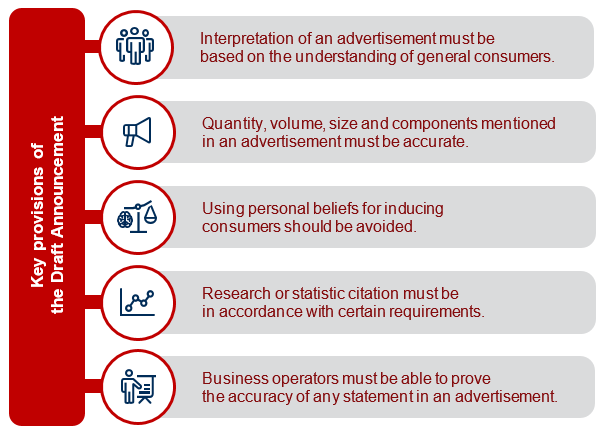In brief
Advertising is a great way for business operators to connect with consumers, and advertisers today are able to reach more customers than ever before through the use of various media and channels (e.g., electronic, social media, brochures, newspaper advertising and TV advertising). In response to this, the Office of the Consumer Protection Board (OCPB) has deemed it necessary to step up its efforts to protect consumers. In this article, we will discuss the potential regulatory development that business operators should be aware of concerning the use of advertising that presents unsubstantiated claims or statements that are difficult to prove true.
Regulations under the Consumer Protection Act, B.E. 2522 (1979) governing advertisement of products and services, which have been largely in use for many decades are becoming incompatible with the changing advertising environment. As a result, regulation and enforcement by regulators have become increasingly complex. As part of the efforts to address these issues, including tackling the increasing number of claims made by advertisers that may be unsubstantiated or difficult to prove, the Committee on Advertisement is now working to introduce the Draft Notification of the Committee on Advertising on Guidelines for Using Advertising Statements in Manners That Affirm Facts That Are Difficult to Prove and Guidelines for Proving the Facts Concerning Advertising Statements, B.E. …. (“Draft Notification“), aiming to create a clear understanding and standards for business operators to support their advertising claims with solid proof as well as to protect consumers.
This Draft Notification applies to advertisements for goods or services except for those that are controlled by other specific laws (e.g., drugs, food and cosmetic products). It mainly prescribes the characteristics of statements that can be used in advertising, and guidelines, methods, and conditions for citing facts from reports, research results, statistics, and certification from institutions or agencies. There is also a draft attachment at the end of the Draft Notification providing examples of advertising statements that may be considered unfair to consumers.

The Draft Notification was published for public consultation, which closed on 25 August 2022. You can contact our team for the Draft Notification and further information regarding the submission of your comments on the Draft Notification.
However, there may be further amendments to this Draft Notification as this is the initial stage of the notification publication process. Our team at Baker McKenzie will continue to monitor and provide updates on the development of this Draft Notification.







